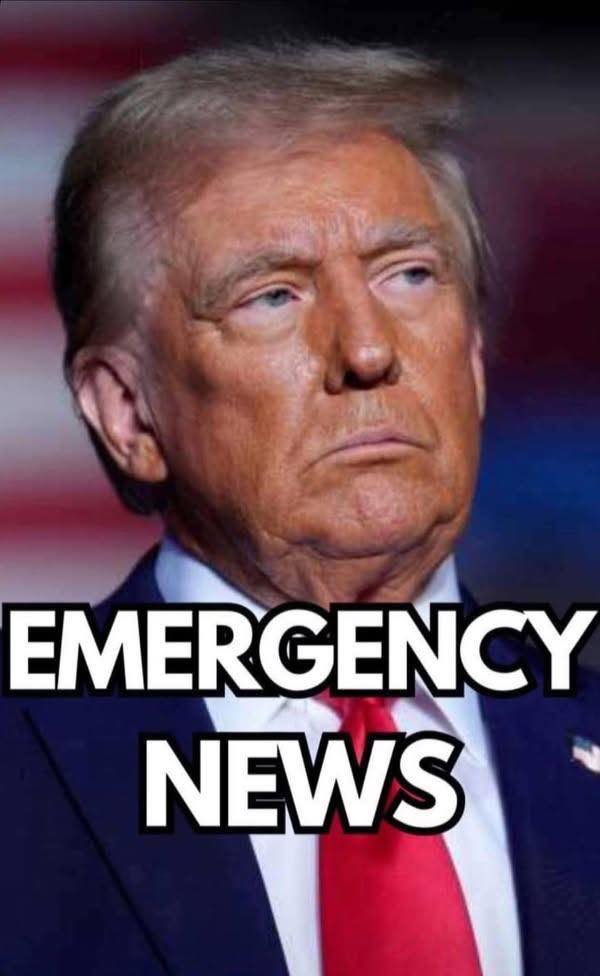Free Speech or Security Threat? Controversy Grows Over Student Visa Revocations
On January 30, 2025, President Donald Trump signed an executive order aimed at addressing the rise of anti-Semitism in the United States, with a particular focus on incidents occurring on college campuses and in public spaces. The order authorizes federal agencies to use civil and criminal authorities to address hate-based offenses. However, critics say its implementation has raised serious concerns about free speech, academic freedom, and due process.
Under the order, some international students have faced visa revocations for participating in demonstrations perceived as “anti-Israel,” even when those protests were peaceful and non-disruptive. According to reports, nearly 2,000 student visas have been canceled or revoked, including cases where no connection to criminal activity or violence was found.
One such case involves Mahmoud Khalil, a graduate student at Columbia University, who was taken into custody after attending a demonstration in support of Gaza. His legal status was valid, and he had no criminal record. Civil rights organizations have expressed concern that peaceful political speech is being conflated with more serious offenses, potentially infringing on First Amendment protections.
Continue reading on the next page…

